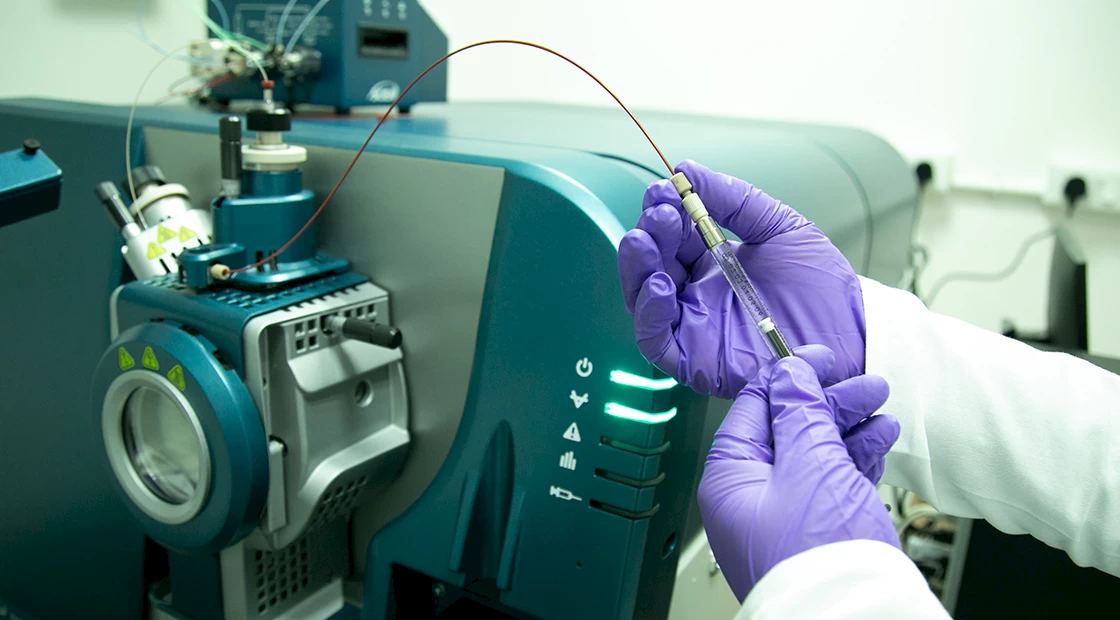Cancer Pharmacology Laboratory
Cancer is one of the top five non-communicable diseases claiming millions of lives annually. Despite advancements in understanding the biology of the disease and imparting care for cancer patients, achieving long-term remission or curing cancer remains elusive. Our research group works to help in the ongoing battle against this devastating disease.
Mechanisms of drug resistance and drug toxicities: The emergence of resistance to anti-cancer drugs is a common phenomenon. One of our primary research goals is to model and identify adaptive resistance mechanisms for drugs used as a standard of care for different subtypes of breast cancers. Next, we examine therapeutic strategies to prevent and overcome such resistances. Although we have primarily been interested in combination treatment with known anti-cancer drugs, we are also looking into repurposing medicines that may or may not have known anti-cancer activities.
Even though many anti-cancer drugs are developed as cancer cell-specific treatments, non-specific side effects from medications are common, sometimes leading to life-threatening conditions. We are interested in identifying the mechanisms of toxicities of several drugs that are meant to target only cancer cells but are found to have promiscuous modes of action. Primarily, we check for the ability of a drug to activate the oxidative stress response pathway, as it is the most common mechanism of imparting unwanted toxicity in patients by causing macromolecular damage.
Location
A-307/1
Contact Person
Dr. Anindita Chakrabarty
